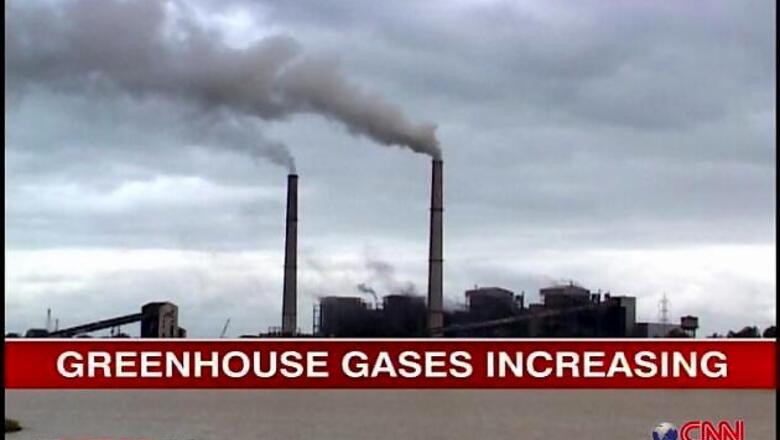
views
Washington: Simple and inexpensive ways to cut back on two major pollutants - soot and methane - could slow climate change for years to come and significantly reduce premature deaths, particularly in South Asian countries like India, Nepal and Bangladesh, according to a latest NASA study.
The study, led by Drew Shindell of NASA's Goddard Institute for Space Studies (GISS) in New York City, finds that focusing on these measures could slow mean global warming 0.9 F (0.5 C) by 2050, increase global crop yields by up to 135 million metric tons per season and prevent hundreds of thousands of premature deaths each year.
While all regions of the world would benefit, countries in Asia and the Middle East would see the biggest health and agricultural gains from emissions reductions.
The south Asian countries of India, Bangladesh and Nepal would see the biggest reductions in premature deaths.
The study estimates that globally between 700,000 and 4.7 million premature deaths could be prevented each year, the American space agency said.
"We've shown that implementing specific practical emissions reductions chosen to maximize climate benefits also would have important 'win-win' benefits for human health and agriculture," said Shindell.
The study was published yesterday in the journal Science.
NASA said Shindell and an international team considered about 400 control measures based on technologies evaluated by the International Institute for Applied Systems Analysis in Laxenburg, Austria.
The new study focused on 14 measures with the greatest climate benefit.
All 14 would curb the release of either black carbon or methane, pollutants that exacerbate climate change and human or plant health, either directly or by leading to ozone formation.
Scientists believe that the key is to reduce emissions of two powerful and fast-acting causes of global warming methane and soot.
Carbon dioxide is the chief greenhouse gas and the one world leaders have spent the most time talking about controlling. Scientists say carbon dioxide from fossil fuels like coal and oil is a bigger overall cause of global warming, but reducing methane and soot offers quicker fixes.
Black carbon, a product of burning fossil fuels or biomass such as wood or dung, can worsen a number of respiratory and cardiovascular diseases.
The small particles also absorb radiation from the sun causing the atmosphere to warm and rainfall patterns to shift.
In addition, they darken ice and snow, reducing their reflectivity and hastening global warming, it said.
Methane, a colorless and flammable substance that is a major constituent of natural gas, is both a potent greenhouse gas and an important precursor to ground-level ozone.
Ozone, a key component of smog and also a greenhouse gas, damages crops and human health, NASA said.
While carbon dioxide is the primary driver of global warming over the long term, limiting black carbon and methane are complementary actions that would have a more immediate impact because these two pollutants circulate out of the atmosphere more quickly.
Shindell and his team concluded that these control measures would provide the greatest protection against global warming to Russia, Tajikistan and Kyrgyzstan, countries with large areas of snow or ice cover.
Iran, Pakistan and Jordan would experience the most improvement in agricultural production.
Southern Asia and the Sahel region of Africa would see the most beneficial changes to precipitation patterns.




















Comments
0 comment